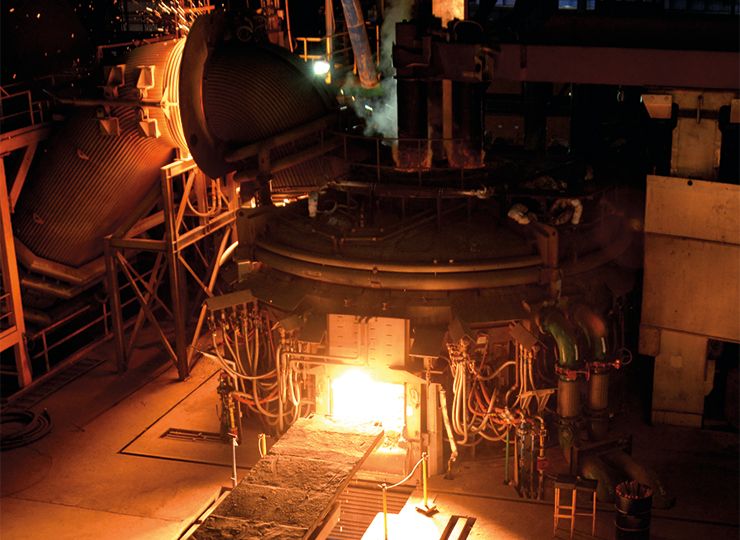The US Chamber of Commerce (USCC) has called on the US government to eliminate Section 232 tariffs on Mexico and Canada.
Section 232 applies tariffs on steel and aluminum imported by the United States. Starting in 2025, many products will face rates of 25% and then 50%, also affecting metal derivatives. Canada and Mexico no longer have broad exemptions as they did before.
However, some products originating in Canada and Mexico may receive special treatment if they comply with USMCA rules and requirements such as “melted and poured” in the case of steel and “melted and cast” in the case of aluminum in North America.
Section 232 tariffs on Mexico
For the USCC, USMCA tariff-free access should be maintained, and U.S. negotiators should eliminate Section 232 tariffs imposed to date on products from Canada and Mexico.
“This would be a positive step toward mitigating rising energy, transportation, construction, and other costs in the United States without jeopardizing national security,” it argued.
In addition, tariffs on commodities that are not available in sufficient quantities in the country hinder the ability of U.S. manufacturers to meet consumer demand.
Therefore, the USCC believed that future commitments under Section 232, including pending investigations, should not impose tariffs on products imported from Canada and Mexico, as mentioned above.
US jobs
According to the USCC, the USMCA has provided significant benefits to U.S. workers, farmers, ranchers, and businesses across all sectors of the U.S. economy.
Considering the indicators and assessments it refers to, more than 13 million U.S. jobs depend on trade with Canada and Mexico, and the agreement has boosted U.S. economic growth, generating many additional well-paying jobs.
U.S. manufacturers export more U.S.-made goods to their North American neighbors than to the next 12 largest export markets combined, and both countries purchase one-third of all U.S. agricultural exports.
Canada and Mexico are also the top two export destinations for U.S. small and medium-sized businesses, more than 100,000 of which sell their goods and services to both countries.

